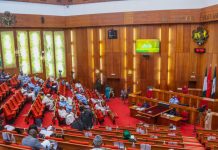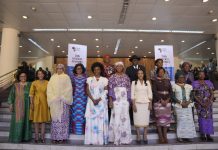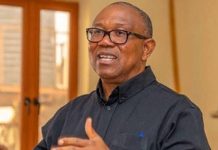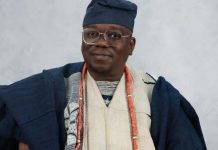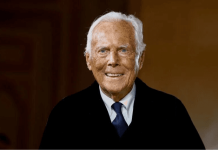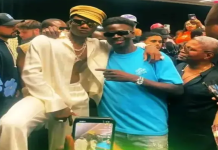The leader of the proscribed Indigenous People of Biafra (IPOB), Nnamdi Kanu, narrowly escaped the death penalty on Thursday, November 20, 2025, when Justice James Omotosho of the Federal High Court in Abuja sentenced him to life imprisonment plus an additional 25 years for terrorism-related offences.
The sentence, which includes concurrent terms on multiple counts, was delivered after Kanu was convicted on all seven charges under the Terrorism (Prevention and Prohibition) Act, following a decade-long trial marked by legal battles and disruptions.
JUDICIAL RATIONALE AND MERCY
Justice Omotosho, who quoted extensively from the Bible to underscore themes of mercy and forgiveness, justified his decision to spare Kanu the death penalty—demanded by the prosecution—stating that it was an act of compassion despite the gravity of the offences.
He noted that he chose to overlook Kanu’s “negative attitude” throughout the proceedings, describing him as arrogant, cocky, and entirely unremorseful for the atrocities committed against his own people in the South-East region.
The judge emphasized that Kanu’s broadcasts and directives incited violence, including attacks on security forces and civilians, labeling him an “international terrorist” whose actions have destabilized Nigeria.
CUSTODY AND RESTRICTIONS
Due to Kanu’s violent nature and history of courtroom disruptions—including assaults on his own lawyers—Justice Omotosho ordered that he be held in protective custody rather than a standard correctional centre. He further mandated strict monitoring by the Office of the National Security Adviser (ONSA), with no access to digital devices such as mobile phones or electronic communication tools unless explicitly approved. All items recovered from Kanu and presented as exhibits during the trial must be forfeited to the Federal Government.
COURTROOM DRAMA AND REPRIMAND
The proceedings reached a high point when Justice Omotosho scolded several of Kanu’s lawyers. Some had been physically assaulted by him in court, later shifting to advisory roles as “consultants,” only to claim they no longer held his brief.
Earlier, Kanu was removed from the courtroom for unruly behaviour after his applications to halt the trial or grant bail were dismissed, allowing the judge to proceed in absentia under legal provisions for disruptive defendants.
- PROSECUTION’S RESPONSE
Lead prosecution counsel, Gboyega Awomolo (SAN), expressed gratitude to Justice Omotosho for the judgment and for demonstrating courage amid intimidation attempts. Awomolo had urged the death penalty, arguing that the offences—ranging from leading a proscribed group and issuing “sit-at-home” orders to inciting attacks and providing bomb-making instructions—left no other option under the law. He highlighted Kanu’s lack of penitence as a key factor.
The sentencing has ignited fierce debates on social media, with supporters decrying it as politically motivated and a blow to Igbo self-determination, while others view it as a necessary step against secessionist violence. Kanu’s legal team has vowed to appeal, underscoring ongoing tensions in Nigeria’s ethnic landscape



